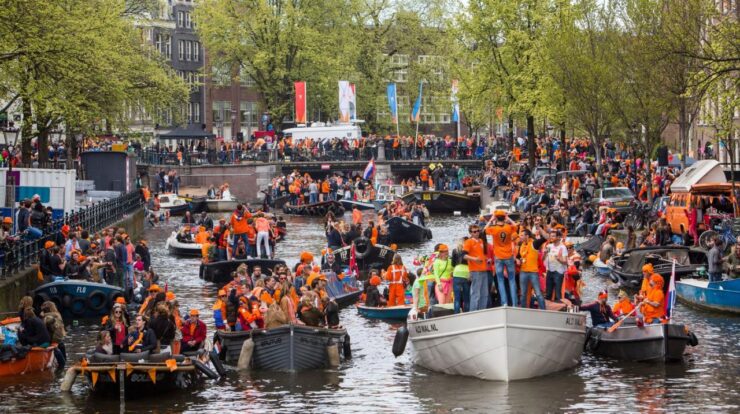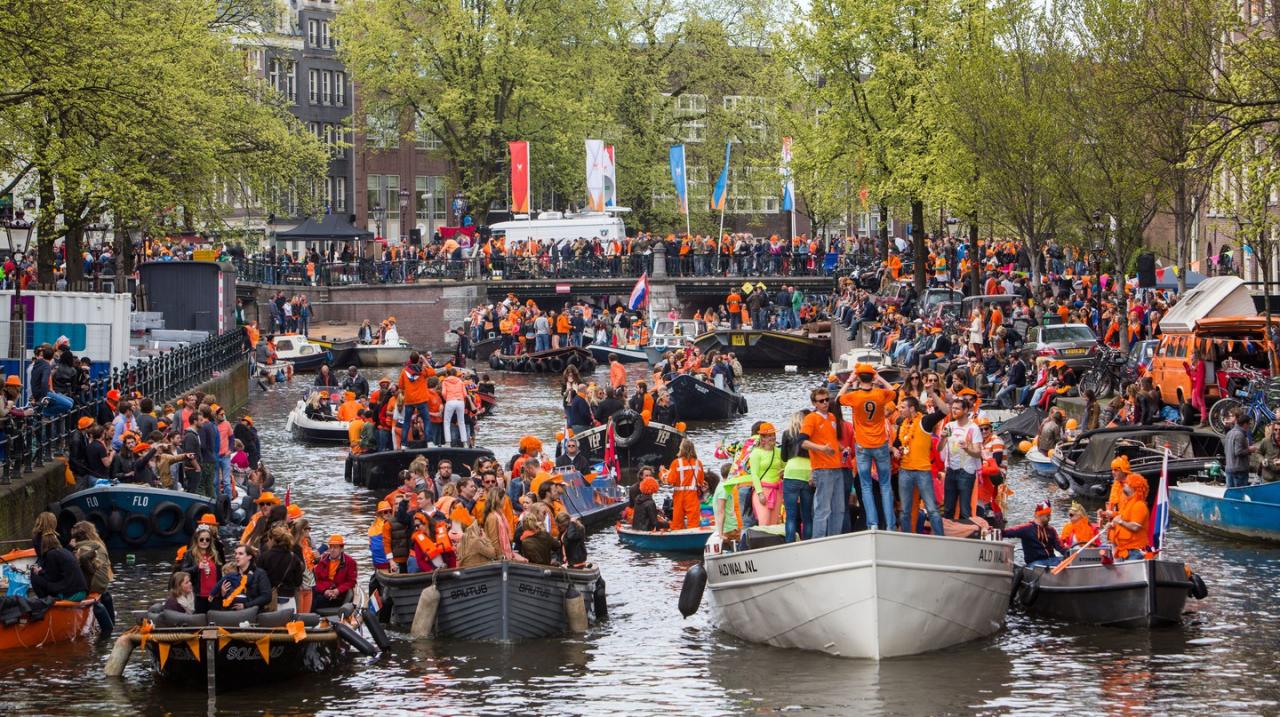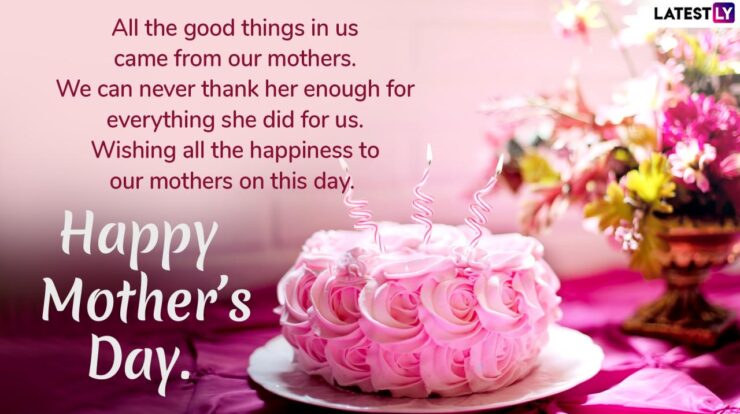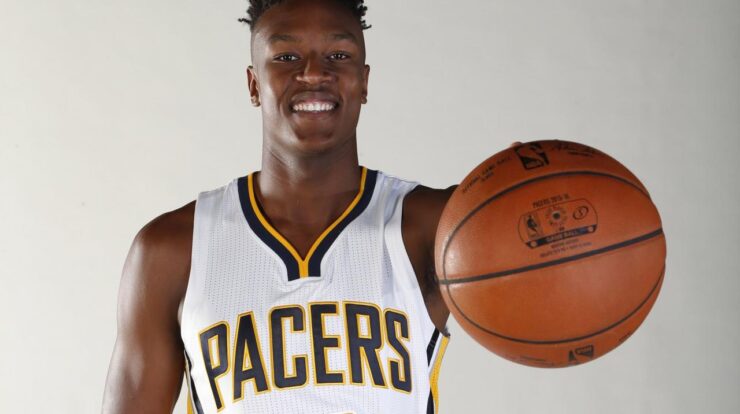
Dutch Kings Day, an annual celebration that has captivated the hearts of the Netherlands, is a vibrant tapestry of tradition, cultural significance, and economic prosperity. Rooted in the birthday of King Willem-Alexander, this day transforms the country into a sea of orange, where revelers embrace the spirit of unity and revelry.
From the bustling vrijmarkt flea markets to the energetic music festivals, Dutch Kings Day offers a kaleidoscope of experiences that reflect the vibrant Dutch culture and values.
Dutch King’s Day Origins
Dutch King’s Day, formerly known as Queen’s Day, is a national holiday in the Netherlands celebrated on the 27th of April, the birthday of King Willem-Alexander. The holiday has its roots in 1885, when it was first celebrated as Princess’s Day to honor Princess Wilhelmina’s birthday.
In 1949, when Wilhelmina became Queen, the holiday was renamed Queen’s Day. In 2013, after King Willem-Alexander ascended to the throne, the holiday was renamed King’s Day.
Traditional Celebrations
Dutch King’s Day is a day of national celebration, marked by vibrant orange decorations and festivities. People dress in orange clothing, and the streets are adorned with orange flags, balloons, and streamers. Popular activities include vrijmarkt (flea markets) where people sell their used goods, and music festivals featuring both local and international artists.
Flea Markets (vrijmarkt), Dutch kings day
- Held in cities and towns throughout the Netherlands
- Individuals and families sell used items, ranging from clothing to antiques
- Create a lively and festive atmosphere
Music Festivals
- Organized in various locations across the country
- Feature a wide range of music genres, including pop, rock, and electronic
- Attract both local and international visitors
Cultural Significance
Dutch King’s Day is more than just a celebration of the monarch’s birthday; it is a day that fosters national unity and community spirit. It brings people together from all walks of life, creating a sense of shared identity and belonging.
The holiday also reflects Dutch values of gezelligheid (coziness) and vrijheid (freedom), with people enjoying the festivities in a relaxed and convivial atmosphere.
Economic Impact
Dutch King’s Day has a significant positive impact on the Dutch economy. The influx of tourists and the increased spending on goods and services generate revenue for local businesses. In 2019, it was estimated that the holiday generated over 1 billion euros in revenue.
- Increased sales for retail stores, restaurants, and bars
- Boost in tourism revenue from international visitors
- Creation of temporary employment opportunities
Tourism and Global Recognition: Dutch Kings Day
Dutch King’s Day has gained international recognition as a unique and colorful festival. It attracts tourists from around the world who come to experience the vibrant atmosphere and festivities. The Dutch government and tourism organizations have actively promoted the holiday as a major tourist attraction.
- International media coverage of the event
- Targeted marketing campaigns to attract foreign visitors
- Increased tourism revenue and job creation in the hospitality sector
Environmental Considerations

While Dutch King’s Day is a time for celebration, it is also important to consider its environmental impact. The large-scale festivities generate waste and pollution, which can put a strain on the environment. Initiatives have been implemented to promote sustainability during the event.
- Encouraging the use of reusable cups and plates
- Providing recycling bins for waste
- Promoting public transportation to reduce traffic congestion
Closure
As the sun sets on Dutch Kings Day, the legacy of this cherished tradition continues to inspire and unite the people of the Netherlands. It serves as a testament to the enduring power of national pride, community spirit, and the enduring spirit of the Dutch monarchy.
General Inquiries
When is Dutch Kings Day celebrated?
Dutch Kings Day is celebrated on April 27th, the birthday of King Willem-Alexander.
What is the significance of the color orange on Dutch Kings Day?
Orange is the color of the Dutch royal family, and it is traditionally worn by revelers on Dutch Kings Day to show their support for the monarchy.
What are some of the popular activities on Dutch Kings Day?
Popular activities on Dutch Kings Day include attending vrijmarkt flea markets, enjoying music festivals, and participating in street games and parades.





